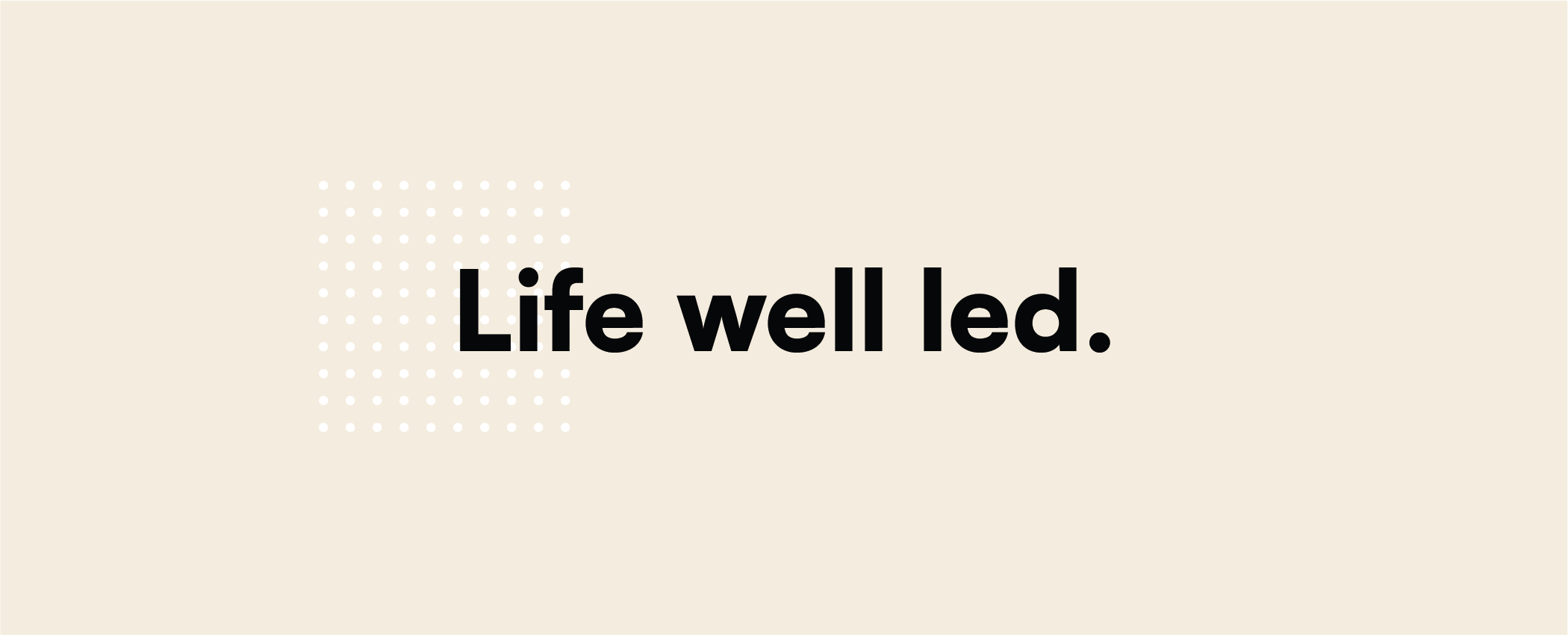
Am I Doing it Right?
June 13, 2024 | John Elliott
I've asked myself that question for as long as I can remember. It started in childhood, constantly wondering whether I “fit in” with my fellow classmates, teammates, and friends. It continued into adulthood, wondering whether my approach to college, teaching (my first job), and other professional roles matched the patterns and expectations of those around me.
What I’m speaking to here isn’t so much related to performance or achievement. Rather, it’s about conventionality. Sticking to the script. Following the program. Conforming to the status quo. This aim drove me for much of my life—and it earned me many pats on the back. But eventually, I realized it was holding me back.
This insight crystallized for me as I learned to play golf in recent years. Applying my tried and true “Am I doing it right?” approach, I sought to emulate the best techniques from the best golfers and instructors. There were just two problems.
First, there was no clear consensus—even from the supposed “experts”—on how to do anything in golf, whether it be my stance, grip, swing, etc. This I found confusing.
Second, when I fixated on mimicking every detail of a certain player’s approach, I’d get paralyzed with thoughts, almost always leading to worse performance. This I found frustrating.
Then I started reading a book called “The Inner Game of Tennis,” graciously given to me by two different friends and newsletter subscribers. In it, author Timothy Gallwey encourages readers to dial down their “Am I doing it right?” voice (which he calls “Self 1”) and, instead, trust their natural, childlike instincts (which he calls “Self 2”). The result, he says, is a calm mind and improved performance.
These insights immediately resonated with respect to golf. When I’m playing my worst, Self 1 is firmly in charge, constantly pointing out when, where, and how I’m falling short of the perfect standard. Conversely, when I play well, Self 2 seems to be in control, freeing my body to perform naturally and rhythmically, without interference from Self 1. Pro golfer Joel Dahmen spoke to this phenomenon in a recent interview when he said, “My body knows what to do if I just stay out of the way.”
But as Gallwey suggests, I think this insight has application beyond golf or tennis. In business, leadership, and many other domains, what some might consider a weakness—a lack of familiarity with the conventional approach— can actually become a source of strength. Sometimes not knowing what the “textbook” says is an advantage, because it frees you to trust your gifts, instincts, and common sense more fully. In my own experience of building a consulting practice with little traditional experience or education, I’ve not only found this approach more fruitful, but also far more enjoyable.
Now, does this principle hold in every field? No. I want my surgeon, lawyer, and accountant to know what the textbook says and be able to execute it. But in golf, business, and many other aspects of life, I think we’d be wise to dial down our “Am I doing it right?” voice and lean into our natural gifts and instincts. Or at least that’s been the case for me!
As always, I’d love to hear from you:
In what area of life is your “Am I doing it right?” voice impeding progress?
What would it look like to lean into your natural gifts and instincts in this area more fully?
What might I be missing on this subject?
A thought from a fellow traveler
In the previous newsletter, I tackled the subject of when good ideas come and received a lot of encouraging feedback. It’s good to know I’m not the only “weird one” out here trying to spend a little less time on screens and a little more time interacting with the physical world. I got a particularly thoughtful response from a reader in Mahomet, who connected the newsletter to some deep wrestling he’s been doing about the “otherness” found in creation and the ways that physical movement brings us in touch with it. He’s got me thinking, which I’m thankful for, because it’s the whole point of this project!
Carry on follower travelers, we’ll talk soon.

